Imagine a 4/20 dinner, where the main ingredient is marijuana-enhanced A5 Wagyu beef, imported straight from Japan, cooked perfectly and prepared so tender that you can cut through fatty layers with a soup spoon. Each small plate that arrives to the table is micro-dosed with deliciously terpened strains of high-quality THC, leaving the diner just a little buzzed, and even more ready for the next course to arrive. If this seems more like a fever-dream of a stoned mind than the thing that would get you buzzed in the first place, then you haven’t been to New York City’s premiere cannabis supper club pop-up, 99th Floor.
Eye-popping dinners like this, prepared by celebrated Jeepney chef Miguel Trinidad, have earned them thousands of Instagram followers and giggling, cloak-and-dagger profiles in established culture bibles like the New Yorker. Their business makes a bet that underground but over-the-top dosed dining presented in a media mecca where munching on marijuana is still technically illegal, might be their ticket to long-term success in cannabis brand-building.
The first pot-laced meal Chef Trinidad ever made for his business partner and 99th Floor co-founder Doug Cohen was a traditional tonkatsu ramen bowl, slick with THC-infused oil. “We had gone out to California to visit a friend of mine, who is a cannabis farmer as well as an extractor,” remembers Cohen. “We rented a little kitchen in San Francisco that was a ramen restaurant, so they had everything set up to make ramen, and Miguel just went for it. It was pretty amazing. You could taste the cannabis, but it wasn’t overwhelmingly cannabis. Miguel and I were like, ‘Man, maybe we got something here.’”
The methods of THC infusion used by 99th Floor, at roughly fifteen New York dinners plus a couple of west coast pop-ups, go well beyond the canna-butter brownies, or gelatin-bound gummies familiar to most edible consumers. At exclusive small dinners held at undisclosed locations around NYC, weed is bound to exotic meat-fats like bone marrow, or delivered in drizzles of spiked, spicy Szechuan sauce. Dishes are dosed lightly and designed to accumulate a small buzz over the duration of a multi-course dinner, aimed towards those who probably aren’t used to ripping high-potency dab smoke.
“You’re dealing with a Beard-nominated chef, so I think his approach to this stuff is pretty top of the food chain,” says Cohen. “In terms of how he’s going to approach infusing cannabis into this dish, and how he’s gonna approach feeding you in general.”
For 99th Floor, a still-semi-illicit New York market is the perfect incubator for a high-end canna-brand. “New York City is the largest cannabis market in the world,” says Cohen. “We don’t have the variety that California has, 80,000 strains all the time. But what we do have are consumers that aren’t as price sensitive. New Yorkers by nature are qualitative consumers. Cannabis is not a ‘lifestyle” in New York in the same way it is in California or Oregon. I actually think that’s good, it gives our market an ability to create more sophisticated products and find different ways to communicate with consumers. That’s exciting. As a 40-year old man, I’m not interested in wearing weed socks, you know?
“Our connection to cannabis is a little bit less showy, but it’s so integral. It’s such a fast-pace, stressful city that it makes sense that New Yorkers are heavy cannabis users. As a brand I think that’s super interesting, especially the sort of brand we are, and we want to be.”
And in terms of finding cannabis good enough to serve as produce for gourmet dinging? Cohen says, “There’s no quality shortage in New York.”
Despite the elevated menu (not to mention a name suggesting a dining table perched high above the masses), Cohen insists that 99th Floor wasn’t designed for the rich and Instagram-famous. “I’m not interested in an exclusionary community,” he says. “People say, ‘Oh, I emailed and didn’t get a response, I’m not an influencer.’ It’s actually kind of annoying. There is a limited nature to what we do. I can’t feed every human being in the world at a dinner party.
And the scarcity has made any open seats a hot commodity. “We try to keep [ticket prices] in an affordable range, so people are able to come without it killing them,” Cohen says. “But it’s definitely not McDonald’s either. We sell out really quickly, and it takes newcomers a few chances at purchasing tickets, before they realize that they can’t wait until it’s close to the date to buy tickets.” He touts the community they’ve established, and the members of the New York cannabis community they’ve brought in, as 99th Floor’s biggest ongoing strength.
How to grow that strength beyond an underground supper club is the next question the duo will have to solve. There are a few Hollywood cafes peddling pre-dosed pastries. and L.A. chef Andrea Drummer is currently prepping a cafe that’s touted as America’s first cannabis fine dining experience. But depending on political reality, it could be a long while before enhanced dining spreads out across the country. That hasn’t stopped Cohen and Trinidad from dreaming about the possibility. “Depending on the day of the week our conversation can go both ways on it,” says Cohen. “I’d love to do it, probably more than Miguel, because I’ve never owned a restaurant, so am probably more of a glutton for punishment than Miguel would be. But who knows?”
For now, a more tangible goal is entering the multi-billion dollar edibles market, building off from the low-dose pastille candies they’re already circulating to dinner guests to curate a fuller product line. “We’re just focused on finding the best partner and the best way to do it,” says Cohen. “We’re not really in a rush. We’re enjoying the process and trying to bring it to where it needs to be, rather than being overly concerned about us speeding to market.”
And asked if the persisting cannabis prohibition in New York City gives him or Chef Trinidad legal pause, or even any concern to possible blowback aimed at the other businesses they own and operate, Cohen shrugs. “We do our dinners and keep our heads down and hope for the best,” he says.
“I think the cannabis industry is in flux, no matter where you are.”
Sign Up for The Bluntness Weekly Newsletter
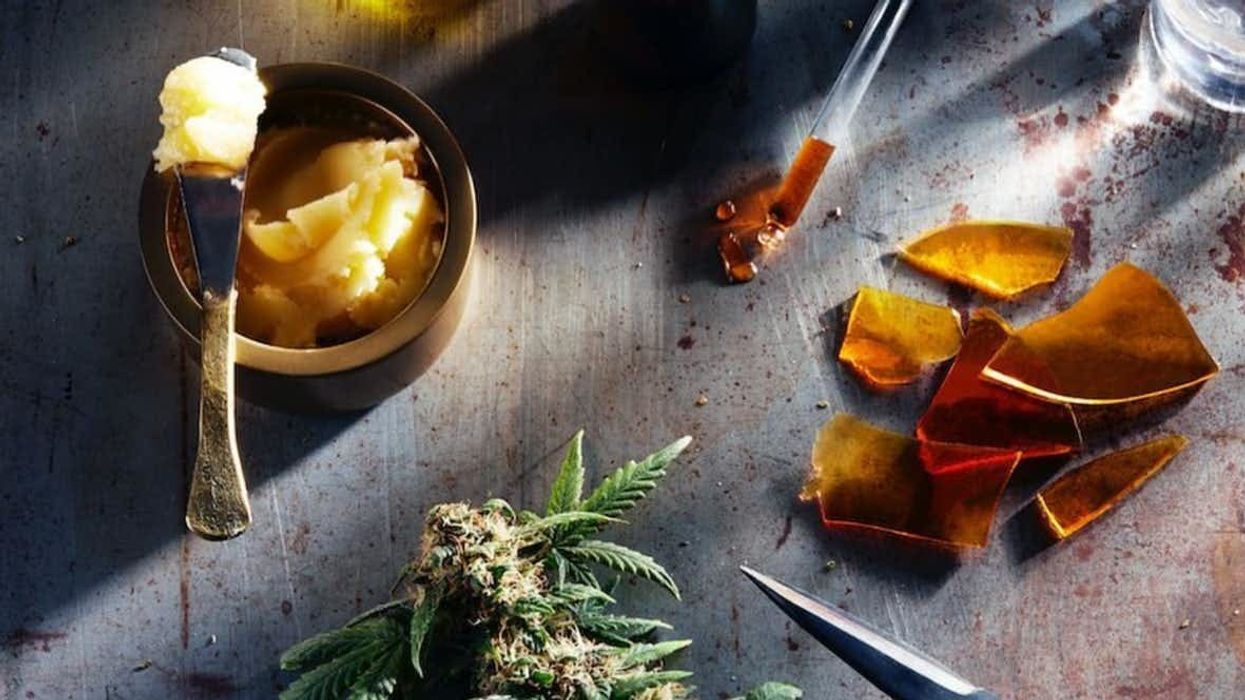






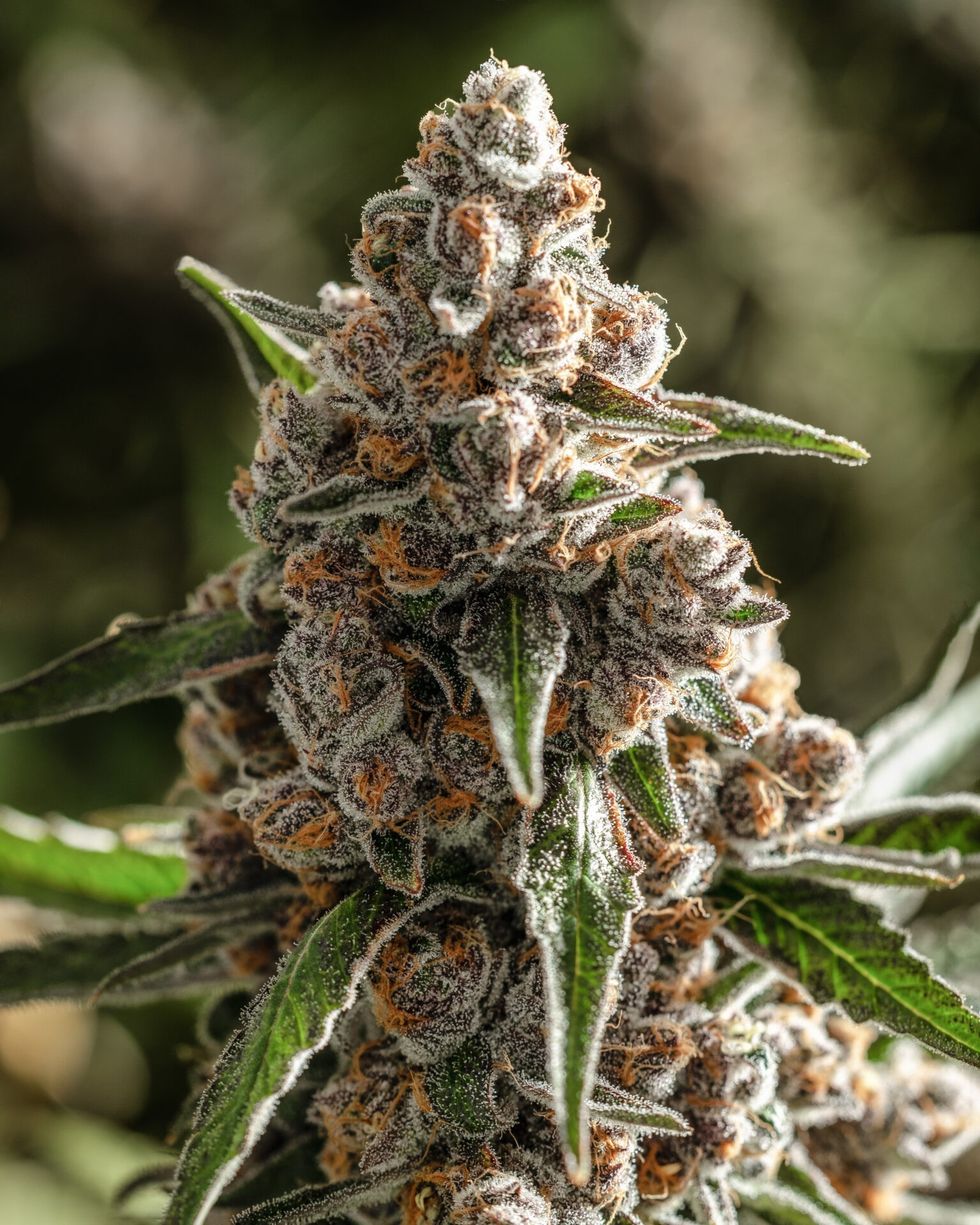 Super Boof Strain: 2024 Strain of the Year - The Bluntness
Super Boof Strain: 2024 Strain of the Year - The Bluntness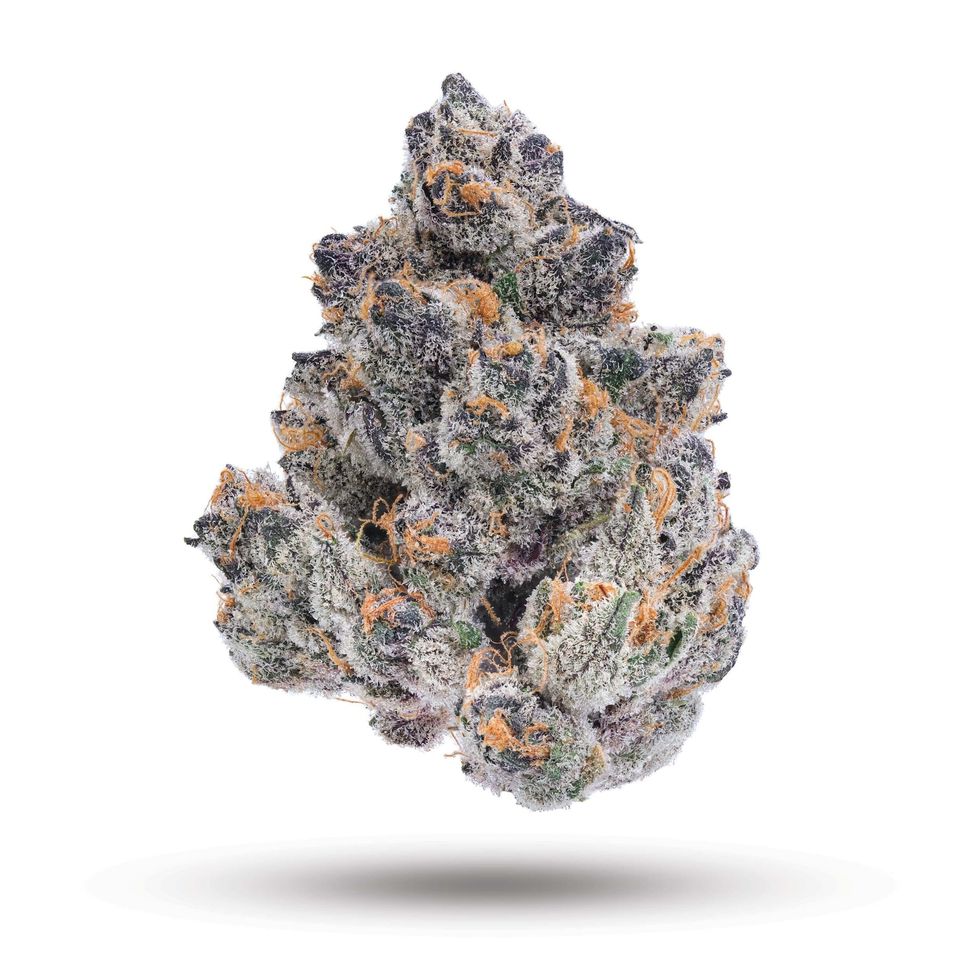 Super Boof Strain: 2024 Strain of the Year - The Bluntness
Super Boof Strain: 2024 Strain of the Year - The Bluntness


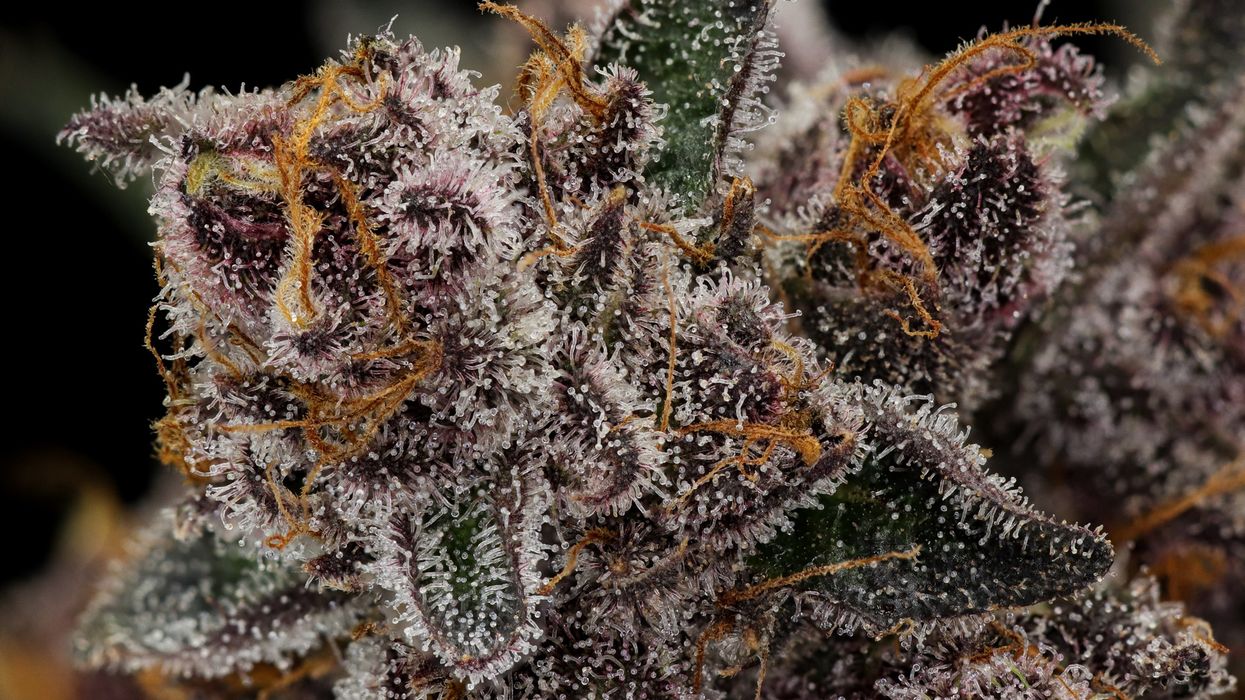


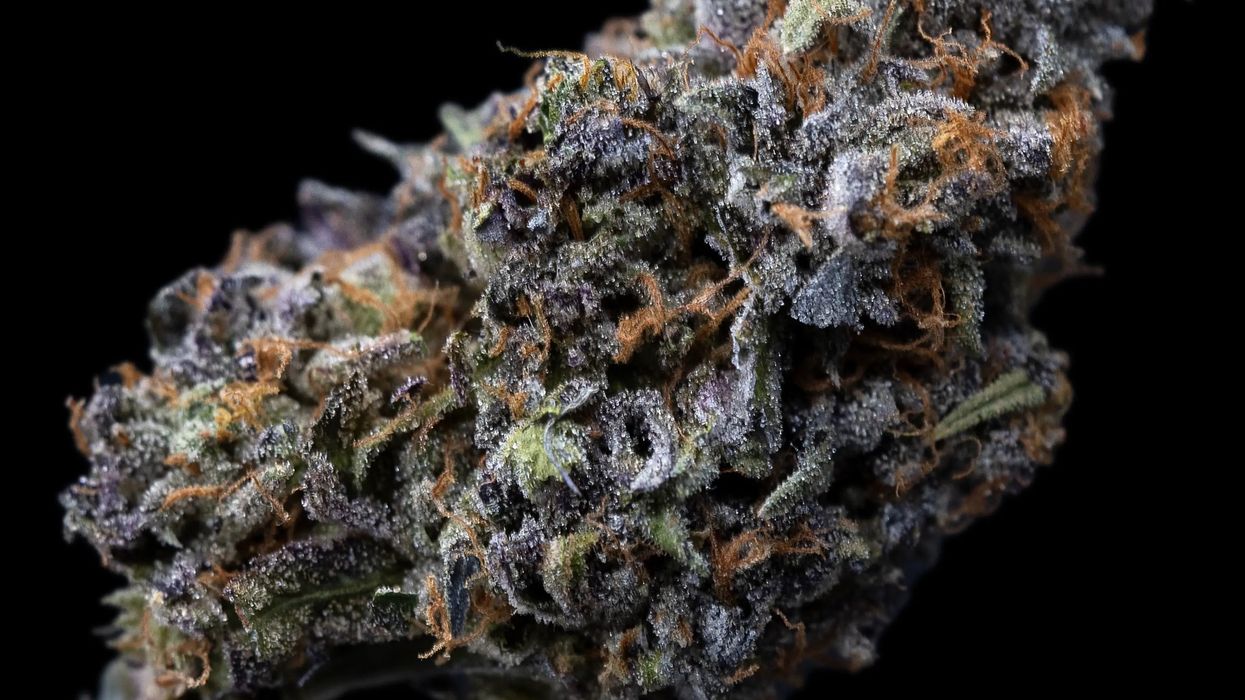
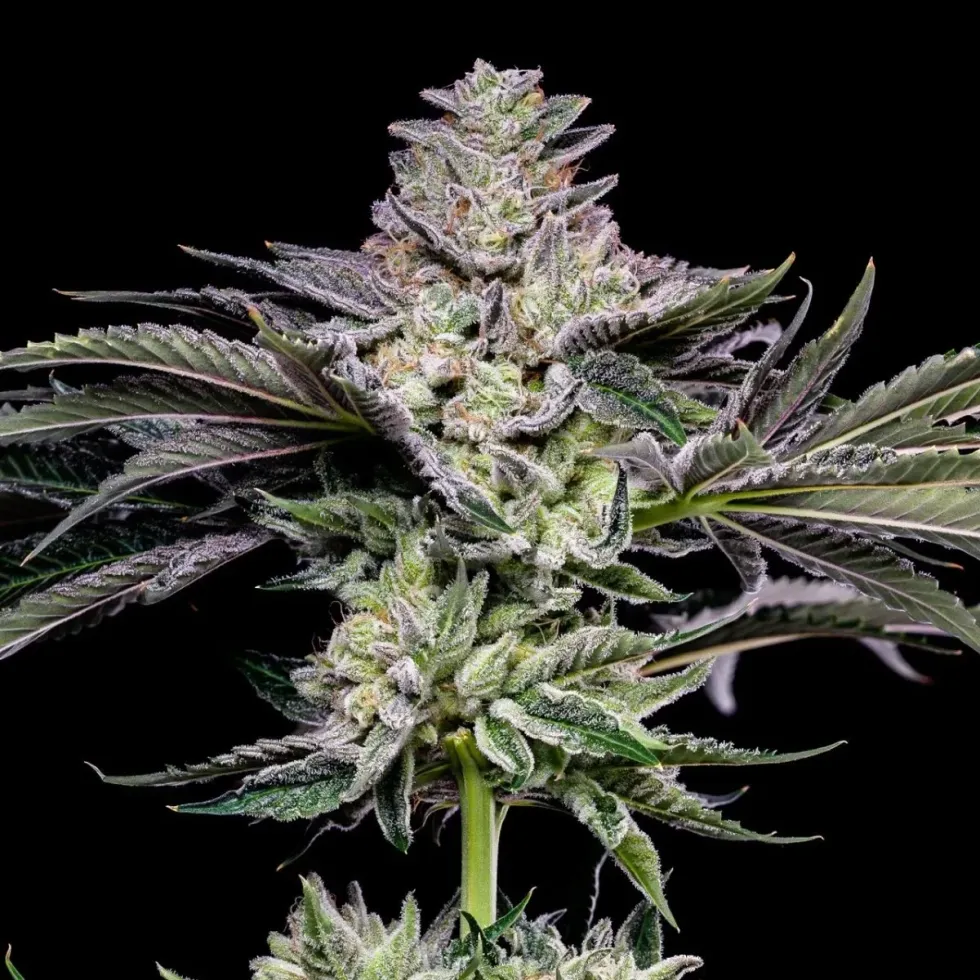 Gush Mints - The BluntnessPremium Cultivars
Gush Mints - The BluntnessPremium Cultivars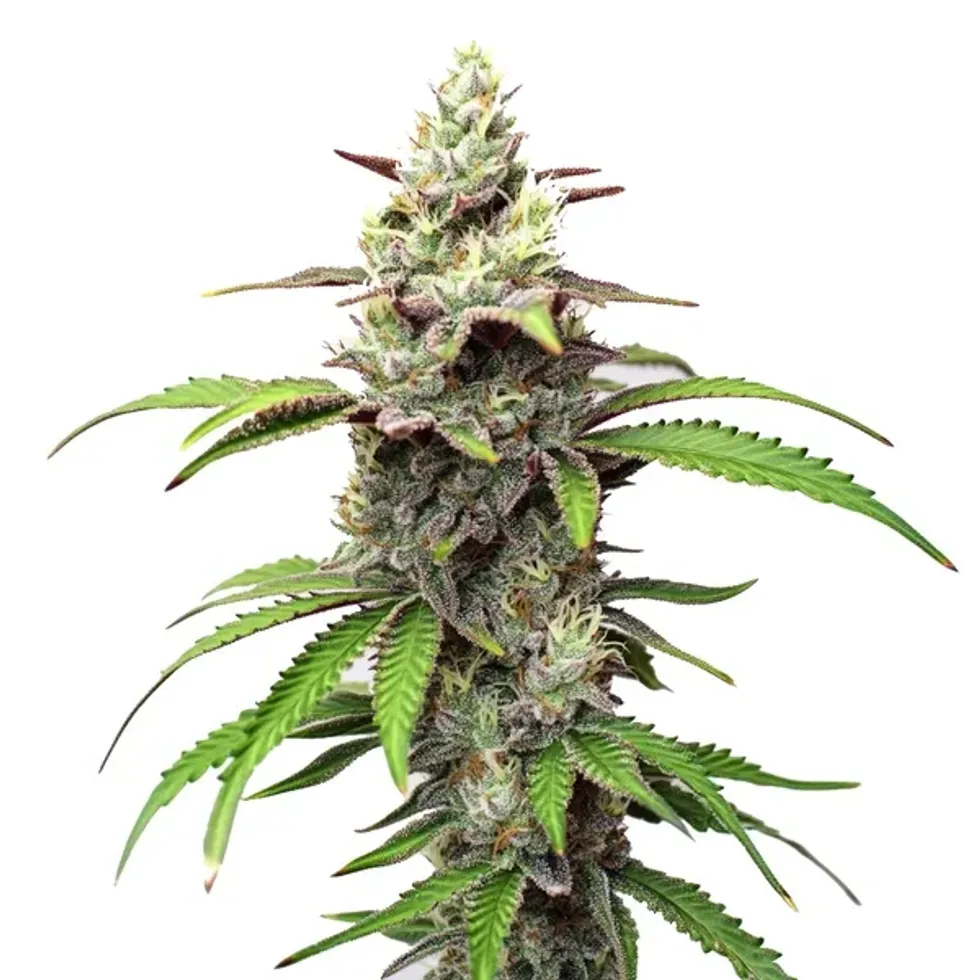 Gush Mints Strain Review - The BluntnessBlimburn Seeds
Gush Mints Strain Review - The BluntnessBlimburn Seeds
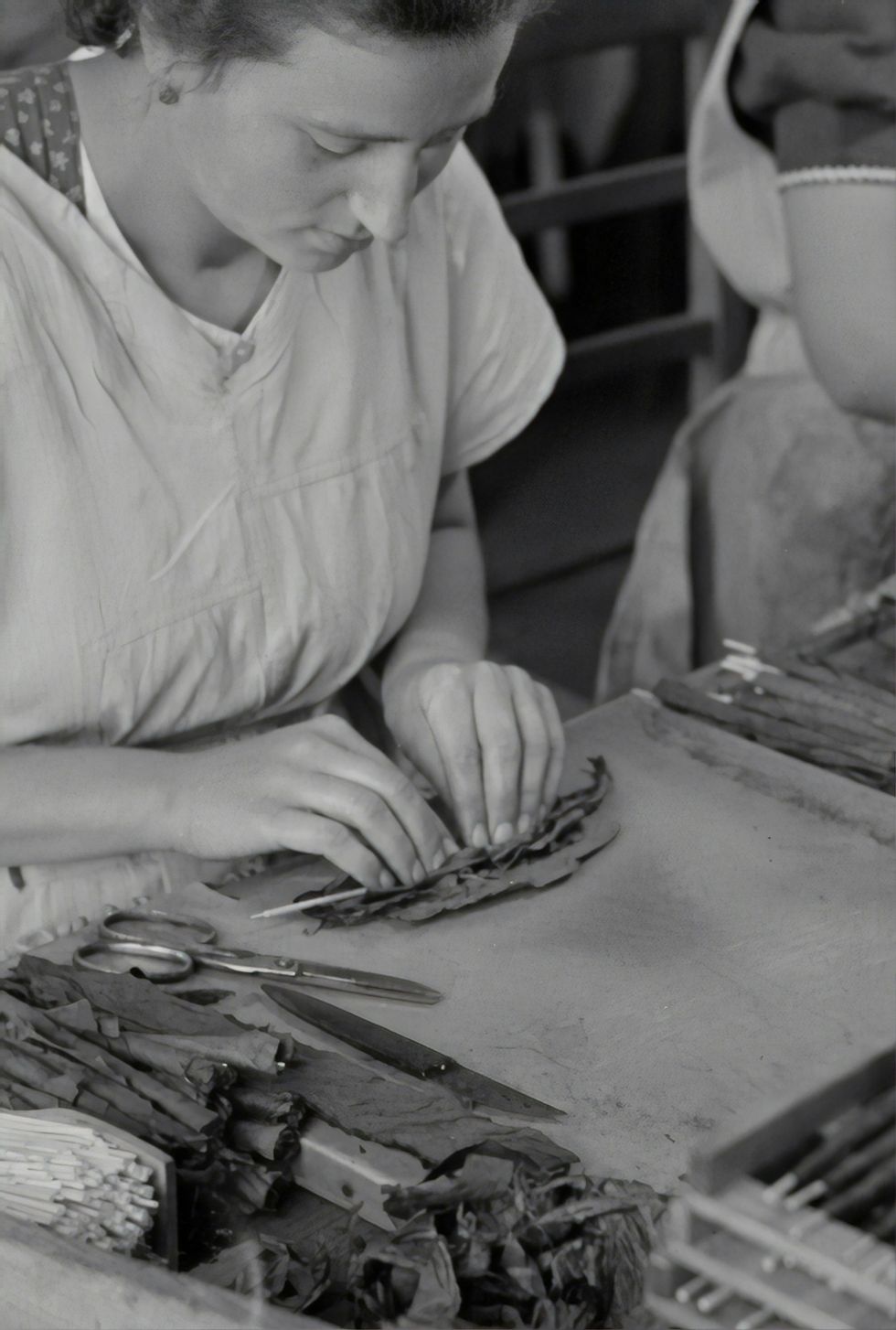 How to Make a Cannagar Without a Mold: A Comprehensive Guide - The Bluntness
Photo by
How to Make a Cannagar Without a Mold: A Comprehensive Guide - The Bluntness
Photo by 
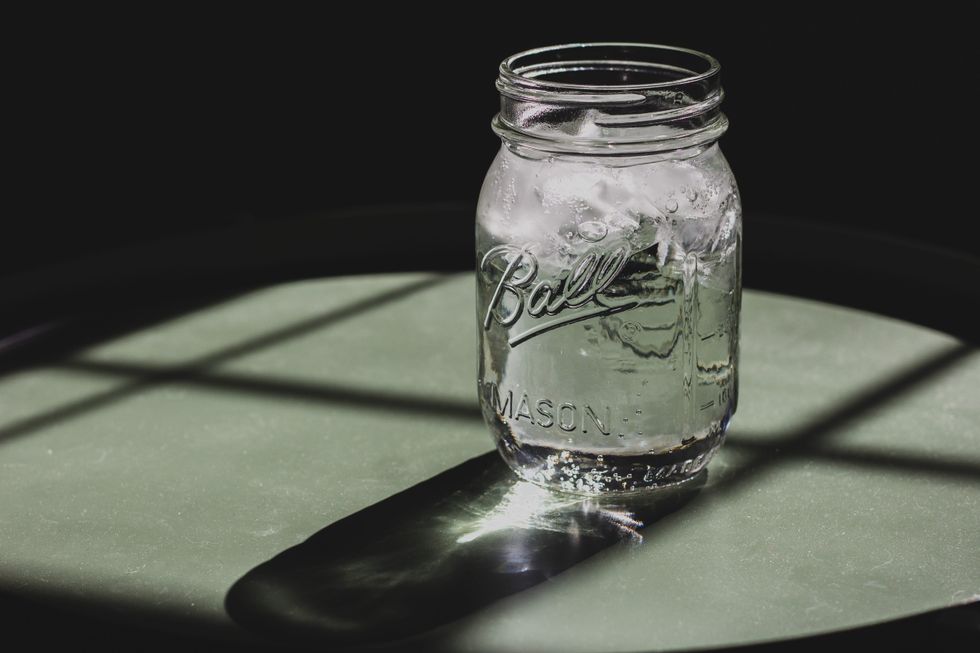 How to Store Magic Mushrooms
How to Store Magic Mushrooms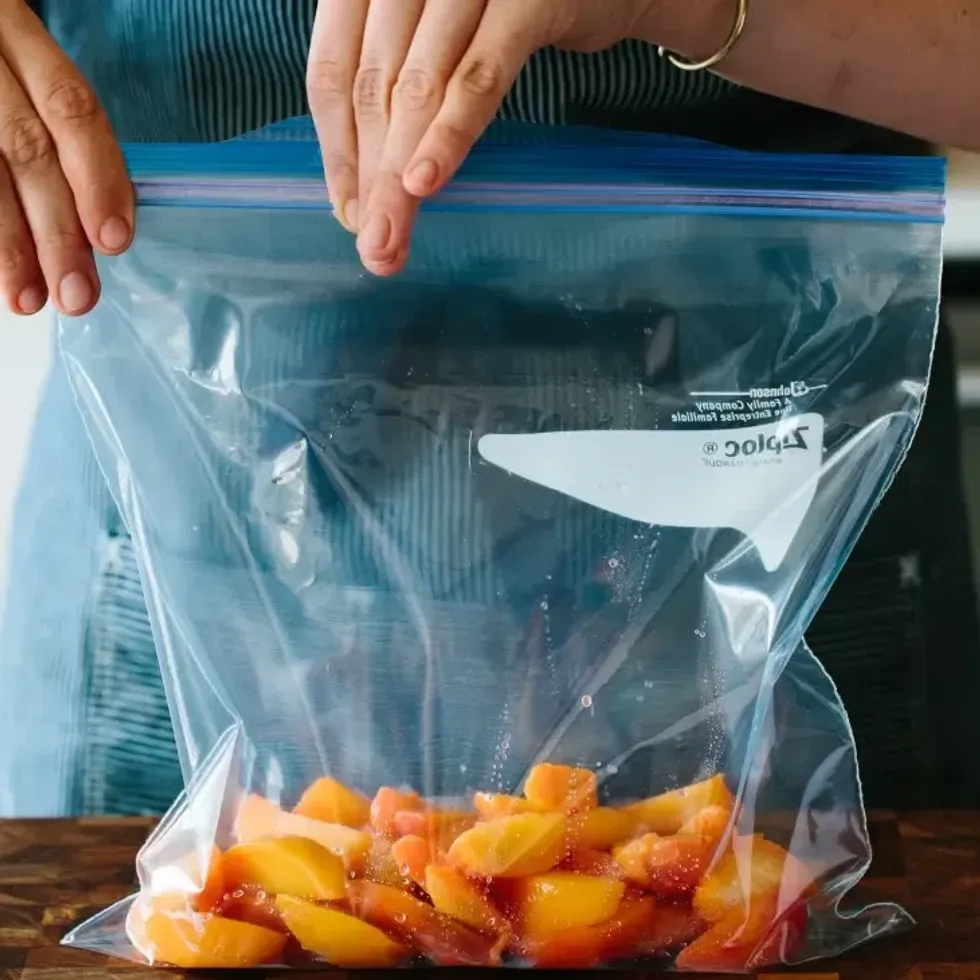 How to Store Magic Mushrooms
How to Store Magic Mushrooms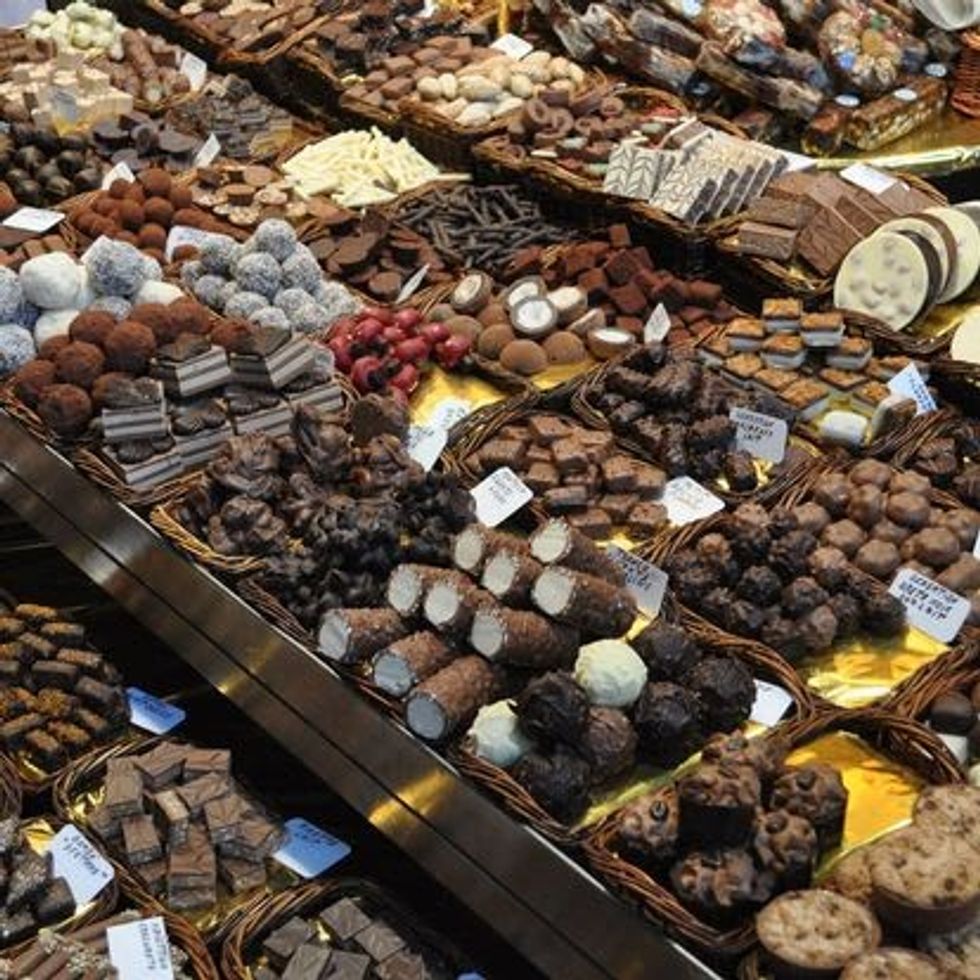 How to Store Magic Mushrooms
How to Store Magic Mushrooms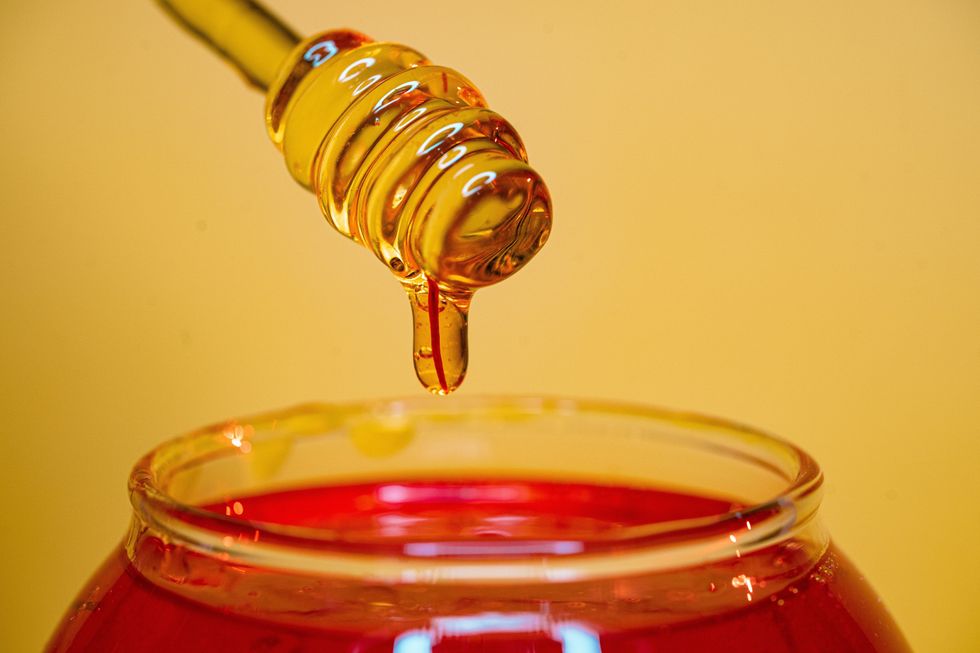 How to Store Magic Mushrooms
How to Store Magic Mushrooms How to Store Magic Mushrooms
How to Store Magic Mushrooms
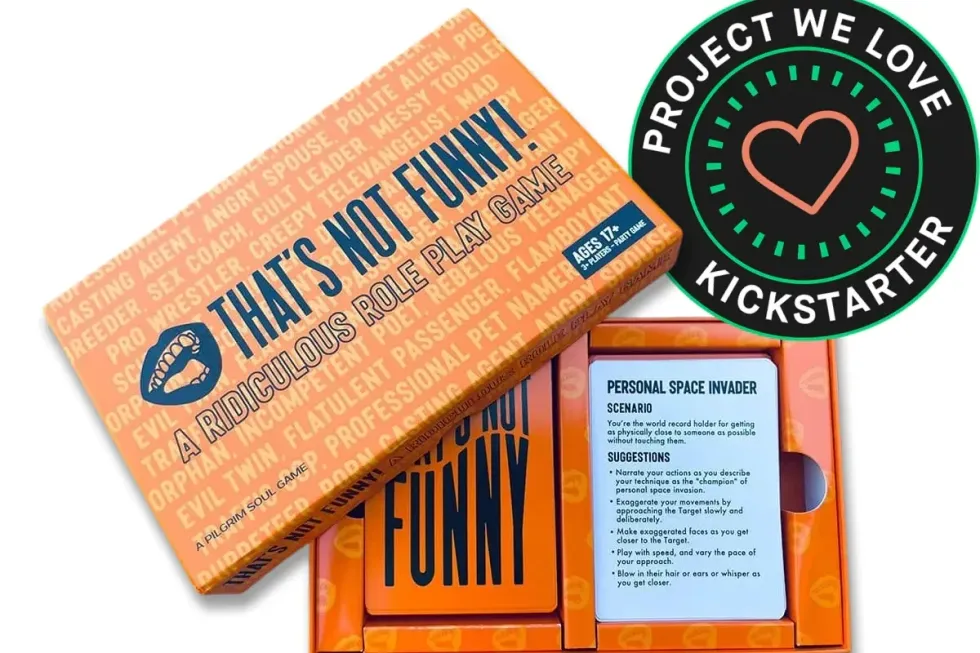
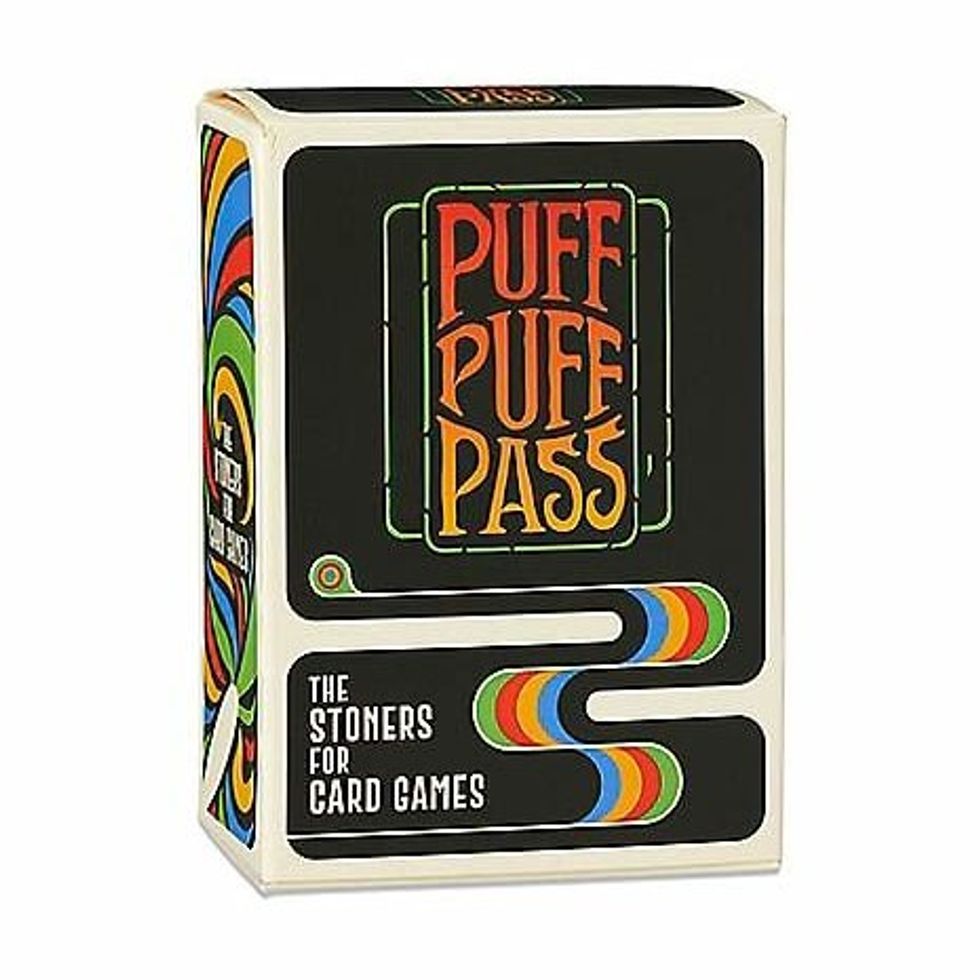

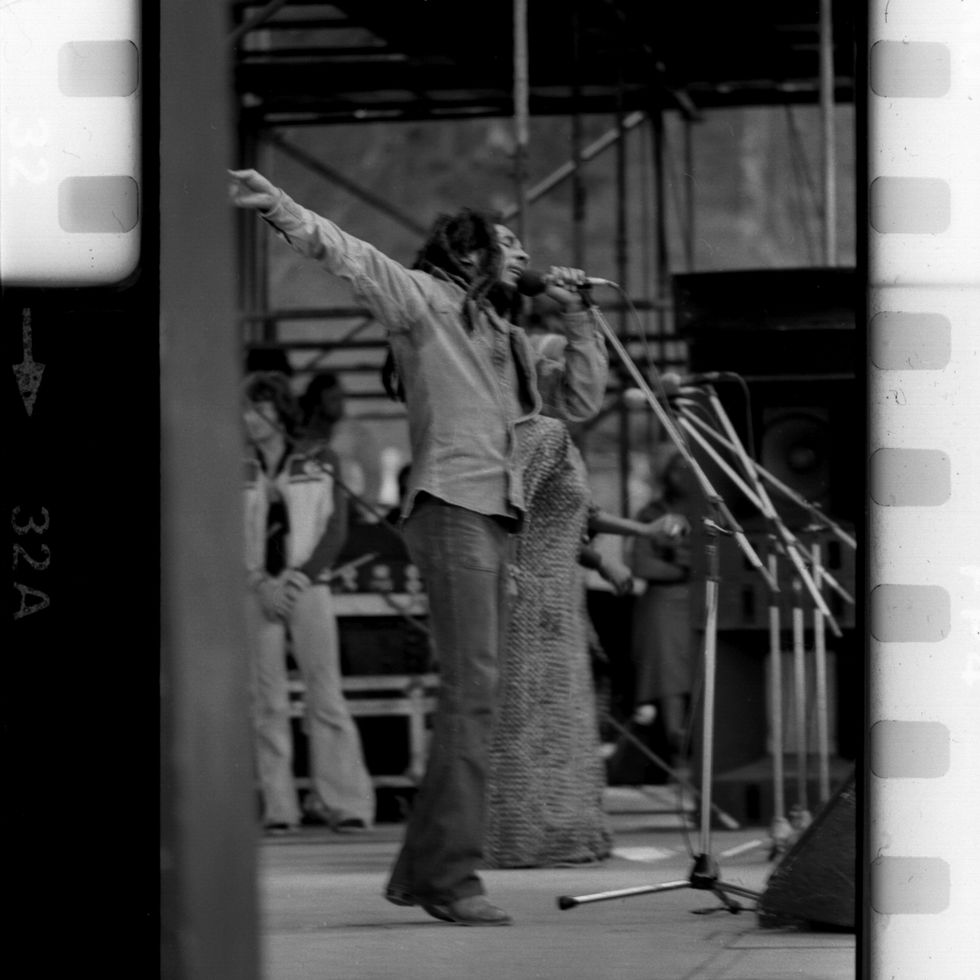 Best Weed Smoking Games to Try - Jammin'
Best Weed Smoking Games to Try - Jammin'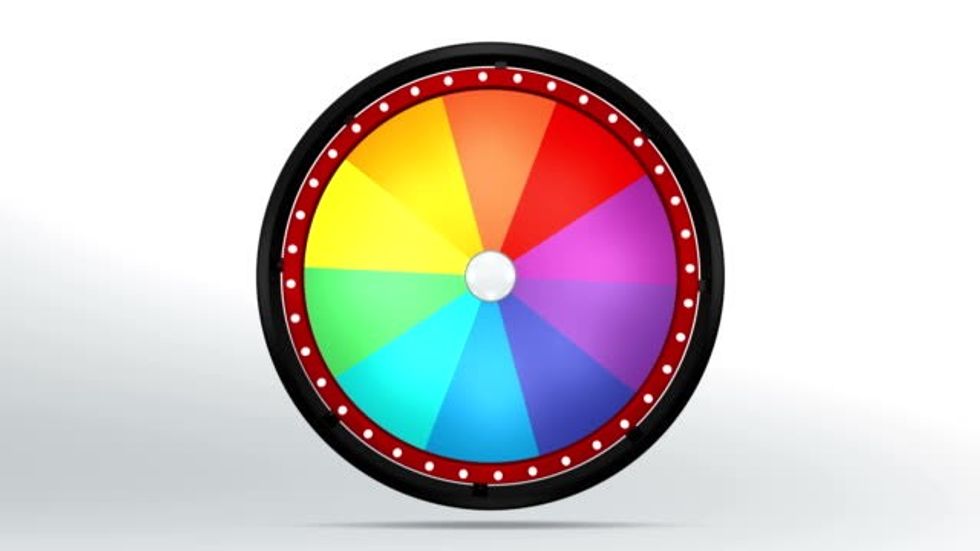 The 31 Best Weed Smoking Games To Try
The 31 Best Weed Smoking Games To Try The Best Weed Smoking Games
The Best Weed Smoking Games The Best Weed Smoking Games to Try
The Best Weed Smoking Games to Try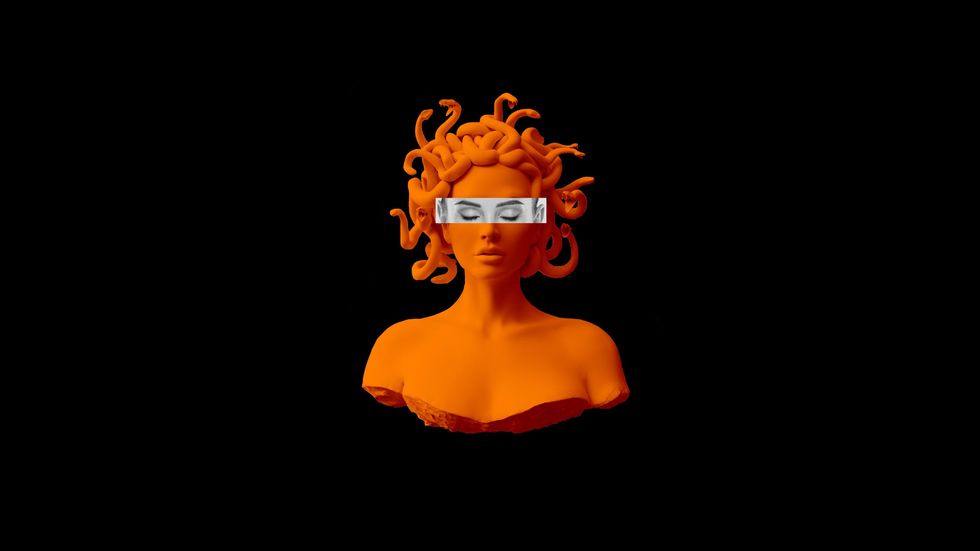
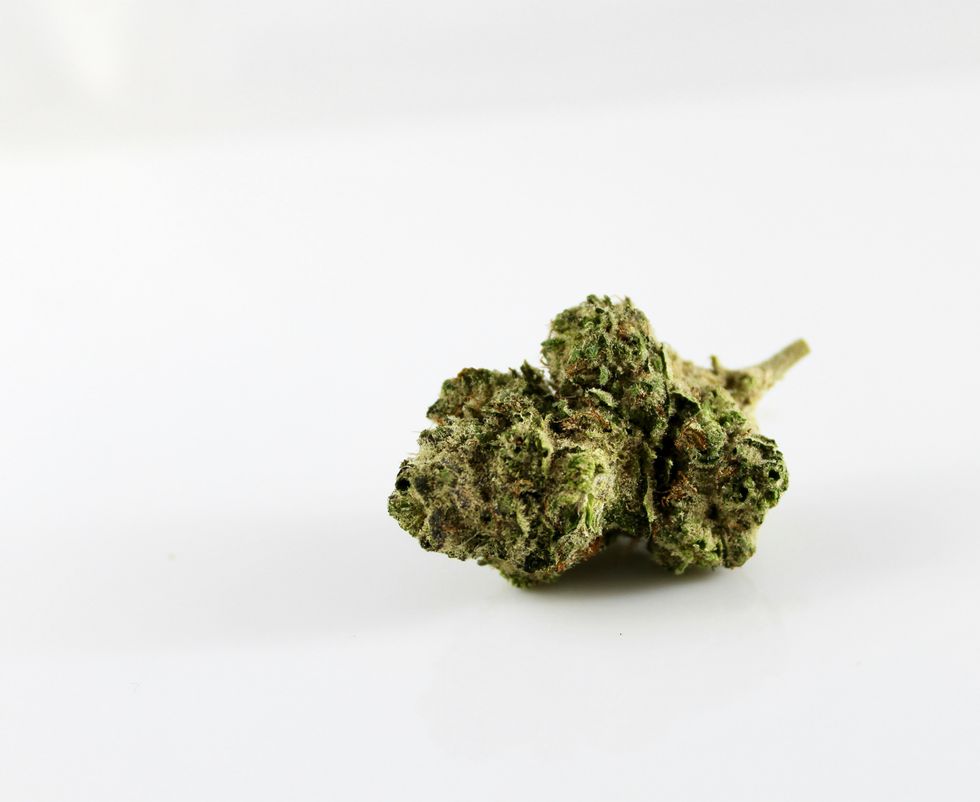
 Stoner Games - Games to Play While High
Stoner Games - Games to Play While High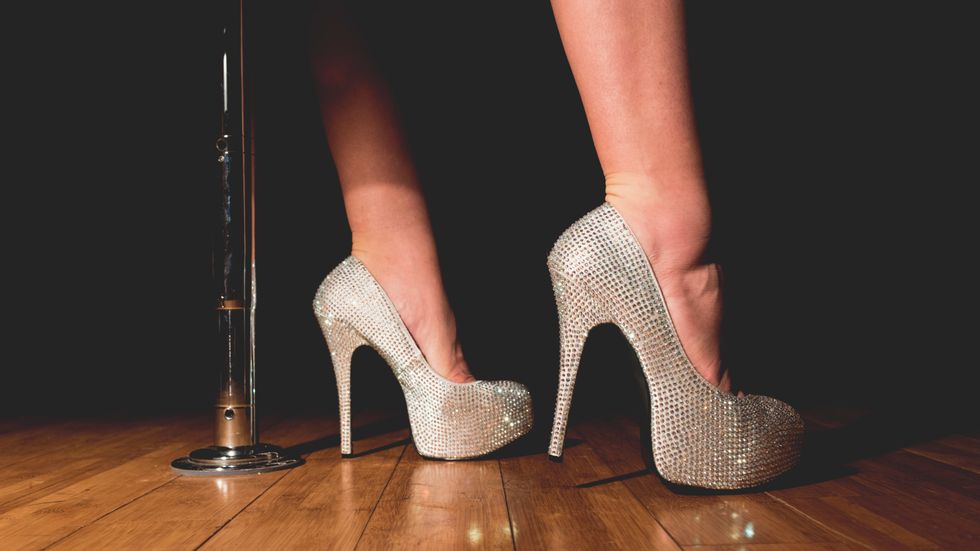 The Best Weed Smoking Games to Play
The Best Weed Smoking Games to Play The Best Weed Smoking Games to Try
The Best Weed Smoking Games to Try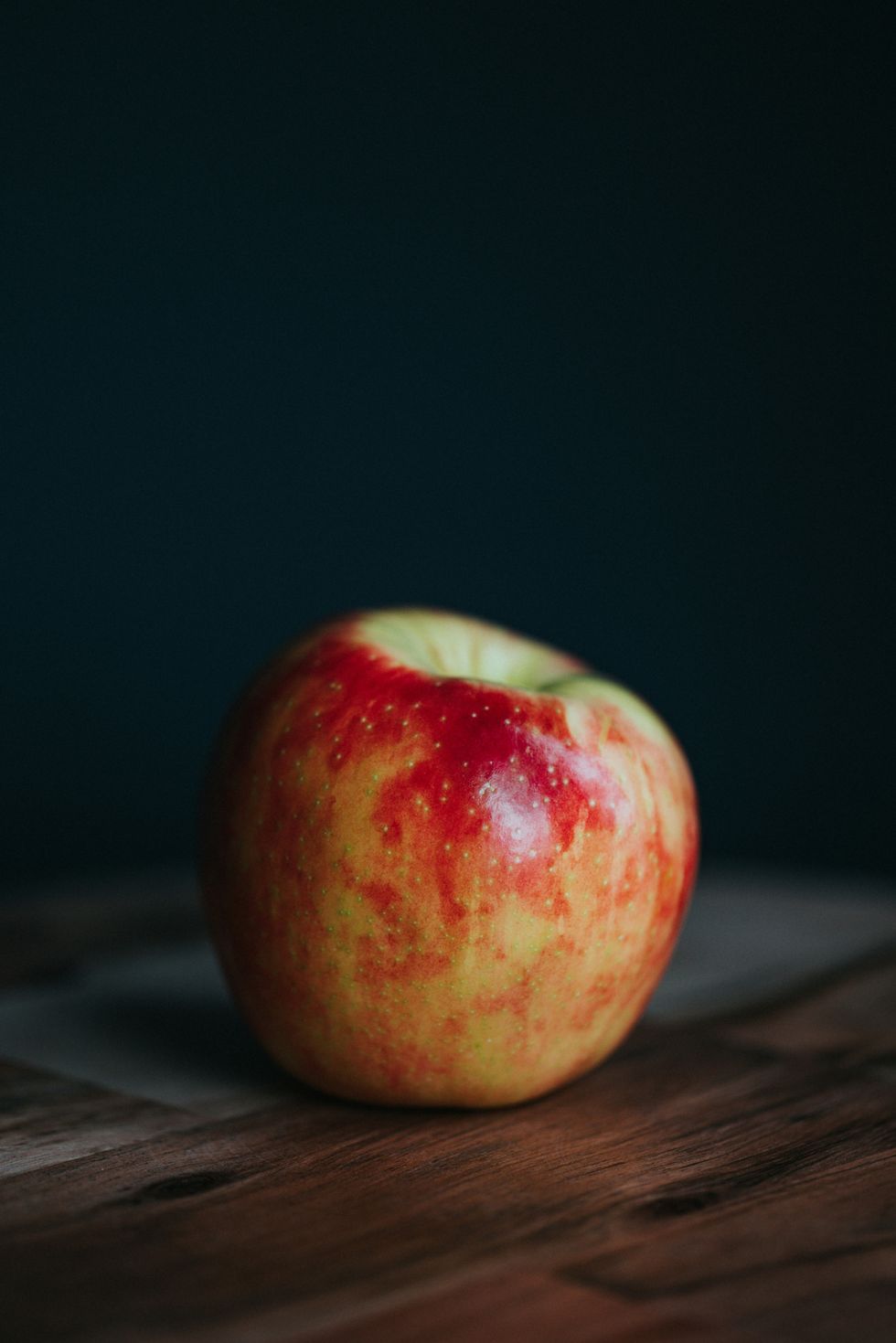
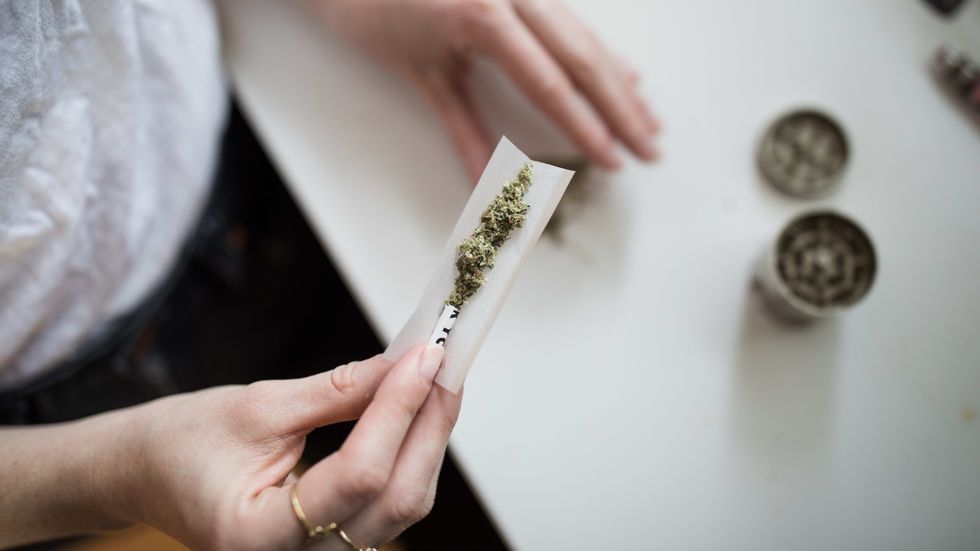 The Best Weed Smoking Games to Try
The Best Weed Smoking Games to Try
 The Best Weed Smoking Games to Play
The Best Weed Smoking Games to Play The Best Weed Games to Play
The Best Weed Games to Play The Best Weed Smoking Games to Try
The Best Weed Smoking Games to Try The Best Weed Smoking Games to Play
The Best Weed Smoking Games to Play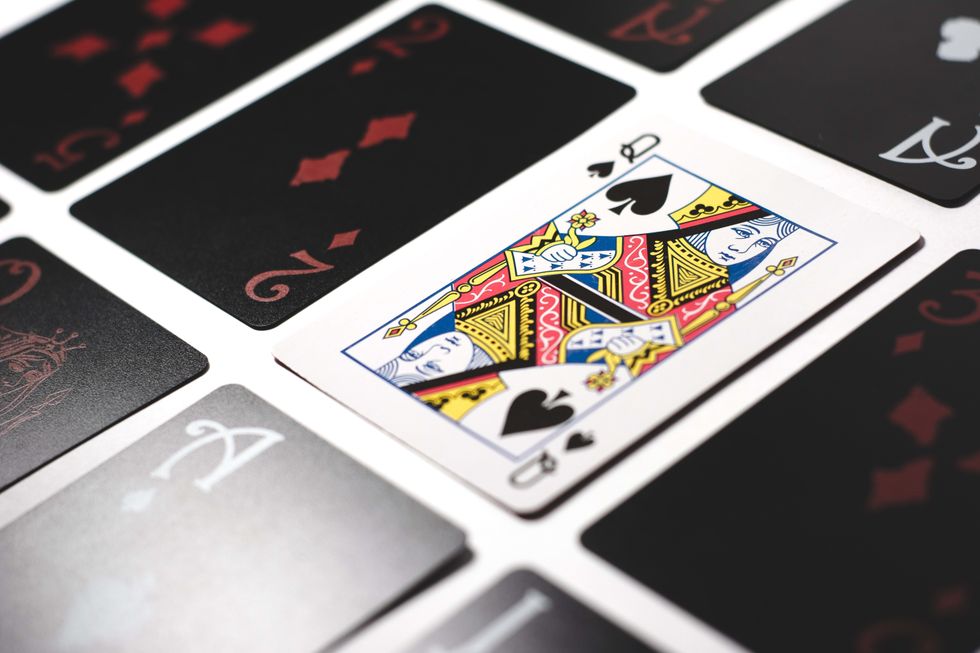 The Best Weed Smoking Games to Try
The Best Weed Smoking Games to Try Games for Stoners
Games for Stoners 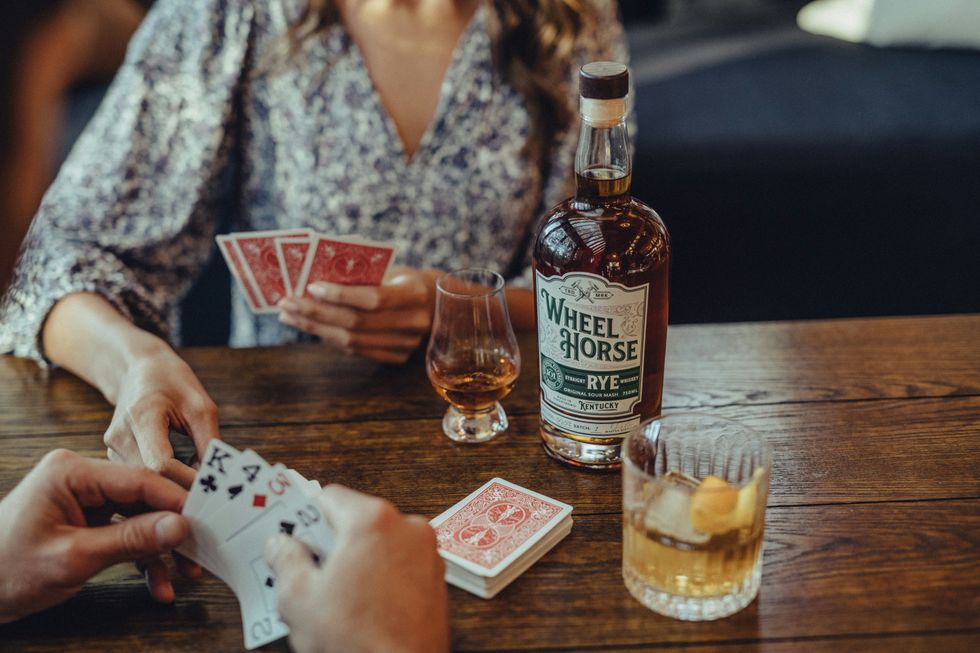 woman in white and blue floral shirt sitting beside woman in white and black floral shirtPhoto by
woman in white and blue floral shirt sitting beside woman in white and black floral shirtPhoto by 
 The Best Weed Smoking Games to Play
The Best Weed Smoking Games to Play
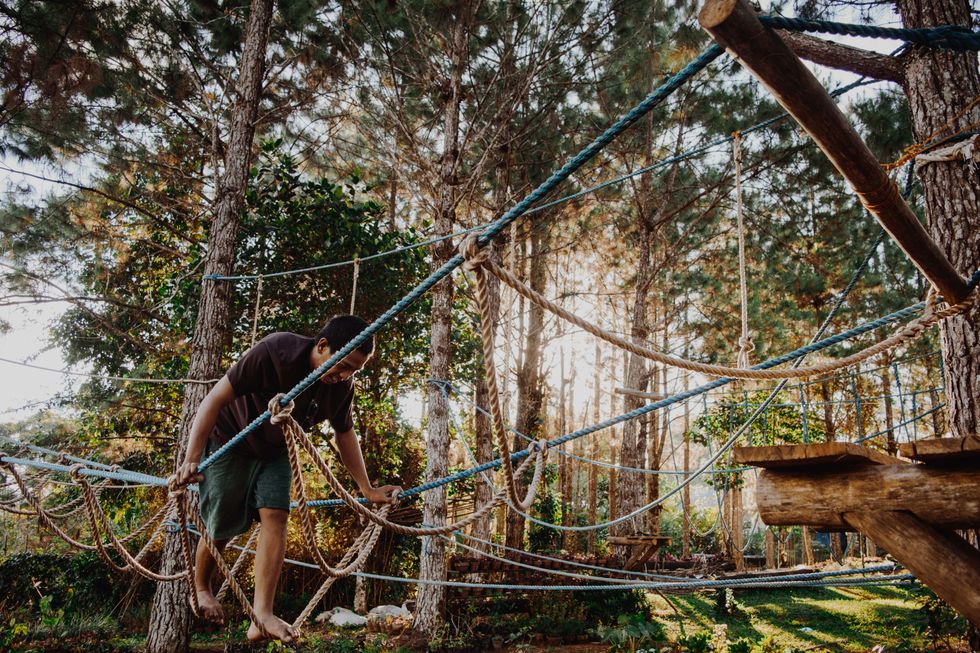 The Best Weed Smoking Games to Try
The Best Weed Smoking Games to Try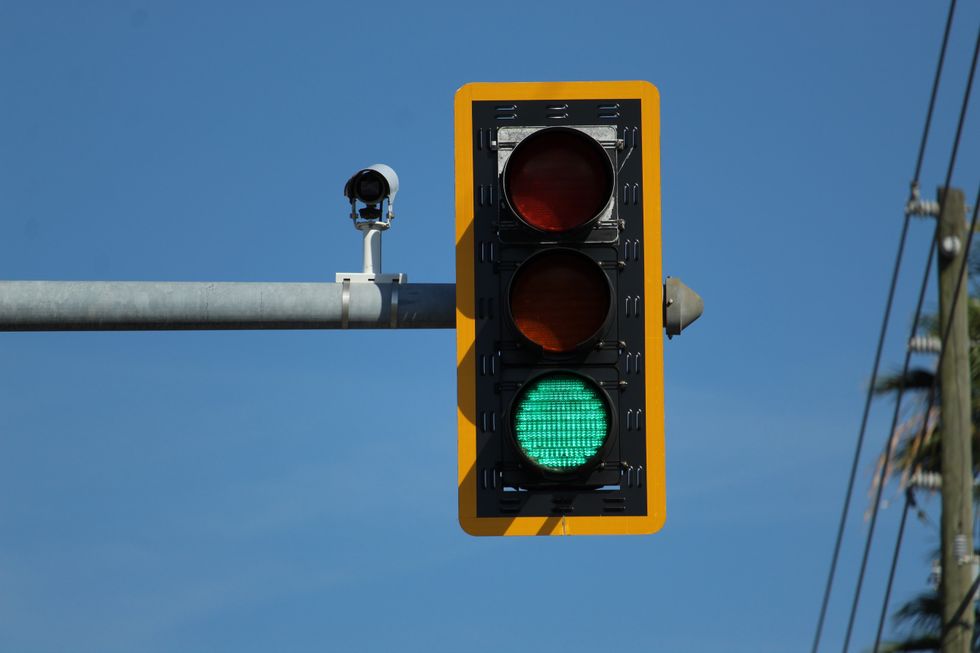 The Best Weed Smoking Games to Try
The Best Weed Smoking Games to Try world map with pinsPhoto by
world map with pinsPhoto by 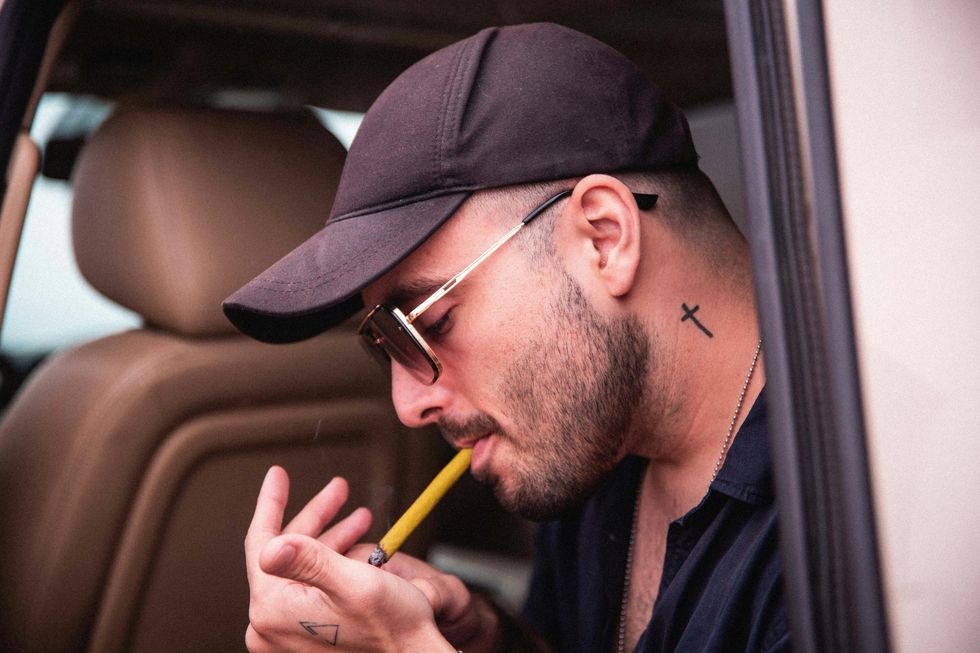
 The Best Weed Smoking Games to Try
The Best Weed Smoking Games to Try